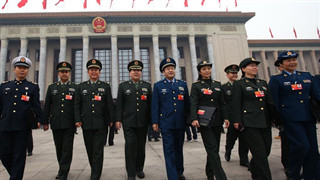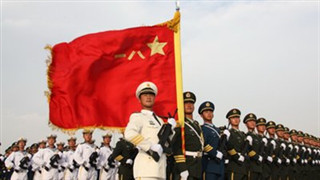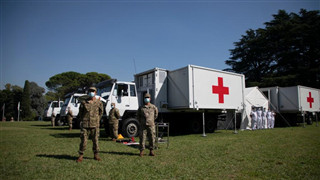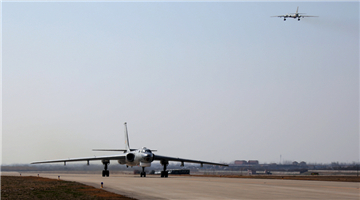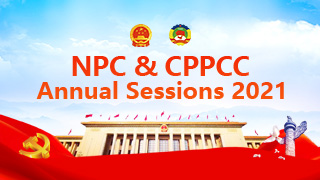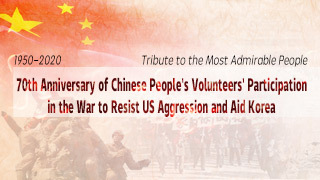The core of democracy is people exercising power to be the masters of a country. A sound and healthy democracy must strike the right balance between free development of individuals and the overall interests of the people as a whole, meaning democracy must balance individual freedom with national integration.
Western democracy is focused on individuals and individuals' freedom, which are the product of Western society and the foundation of Western "liberty and democracy" theory.
By contrast, China's people's democracy emphasizes that State power comes from the people and is controlled by the people as a whole. It also emphasizes the inherent mission of people's democracy is to promote free and all-round development of the people, as well as safeguard and respect individual rights.
After a long period of exploration and practice, people's democracy has formed relatively complete value, institutional and organizational systems in China. Since the goal of people's democracy is to guarantee individual freedom, people's empowerment and the comprehensive modernization of the country, its political development will be of great significance to the rest of the world.
For a country like China which practices people's democracy, despite being on the way to becoming a medium-level developed country by the middle of this century, it must realize people's integration, that is, unite different regions, social groups and individuals into a whole so they can exercise power and become the masters of the country in its modernization process. Different from the principle of "separation of powers" and "checks and balances" in representative democracy practiced by Western countries, China's democratic centralism as witnessed in its national people's congress system starts from democracy, while centralism is just an institutional arrangement to realize the goals of people's democracy.
Democratic centralism makes people's democracy a system of unity characterized by an efficient political system. The system of people's congresses is based on the institutional arrangement of democratic centralism, which, on the basis of effectively guaranteeing people's status as the masters of the country, has laid the institutional foundation for the development of society.
According to the institutional arrangement of democratic centralism, deputies to people's congresses are elected by the people, the people as a whole hold and exercise power through people's congresses, and the exercise of power by the people reflects the common will of the people. Which means the realization of the common will of the people is a prerequisite for centralism.
This centralism has prevented anarchy and ensured the realization of the common will of the people and is more conducive to realizing people's democracy.
Since Western countries regard competitive elections as a criterion to judge whether a country has democracy, many people regard the people's representative organs of socialist countries as "rubber stamps". However, competitive democracy cannot lay claim to be the only form of democracy, and its failure on multiple fronts is proof of that.
Western parliamentarians are generally elected directly through competitive elections. But in order to win elections, political party candidates use various strategies and means to please voters and garner their support. And to seek re-election, legislators usually spend more money and time on wooing voters than an ordinary person can ever think of, which means ordinary people don't have enough economic power and time to participate in elections.
Some less-developed countries have directly transplanted competitive democracy from Western countries resulting in political chaos, domestic turbulence and/or even wars with neighboring countries. This shows the form of democracy a country follows cannot be divorced from its real economic and social conditions, otherwise it could also be counterproductive.
People's democracy is the soul of the people's congress system. And of the Communist Party of China's leadership is necessary to realize the goal of people's democracy.
The author is lecturer in the Department of Politics and Law, the Party School of the Communist Party of China Central Committee. The views don't necessarily reflect those of China Daily.
